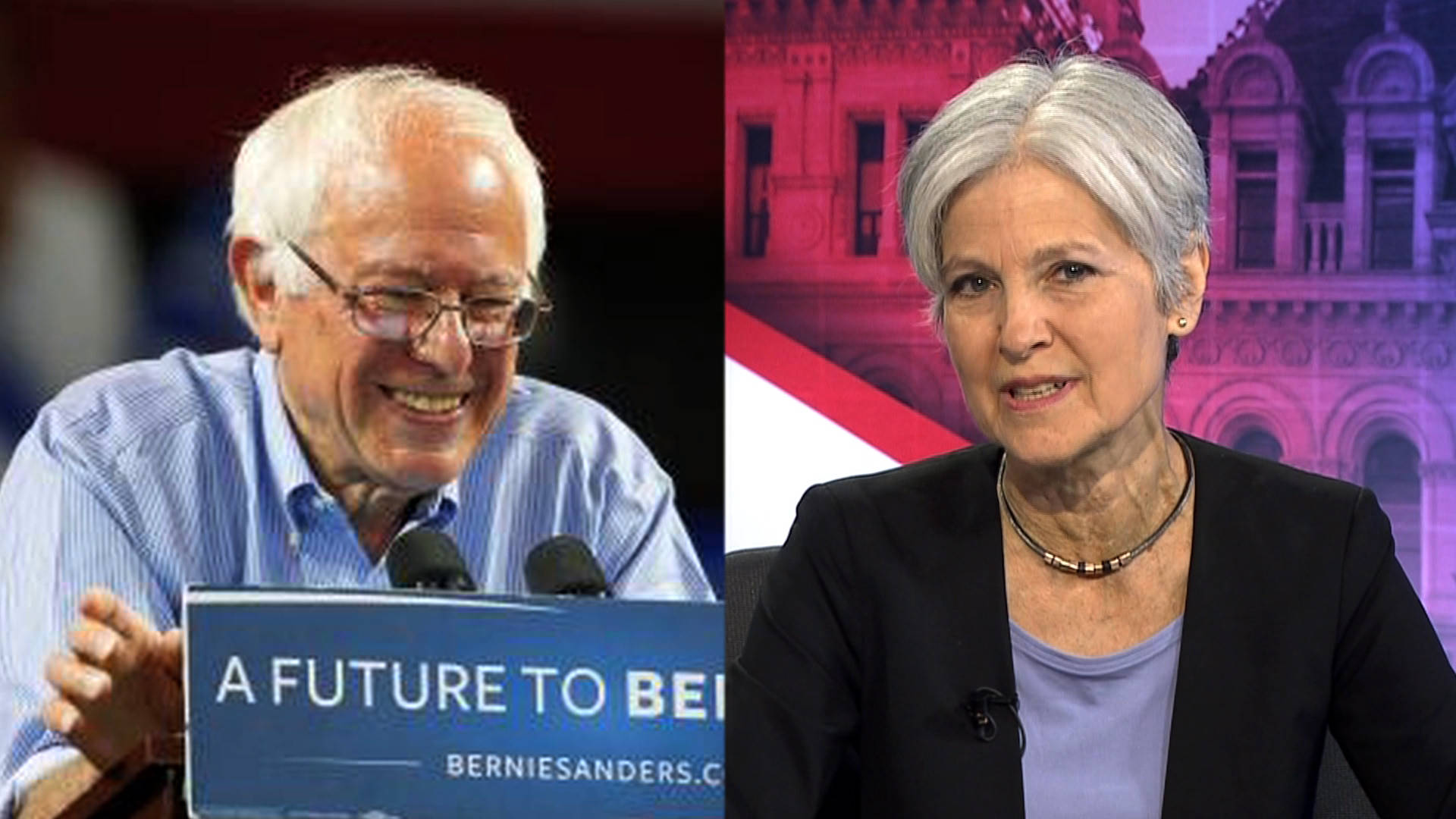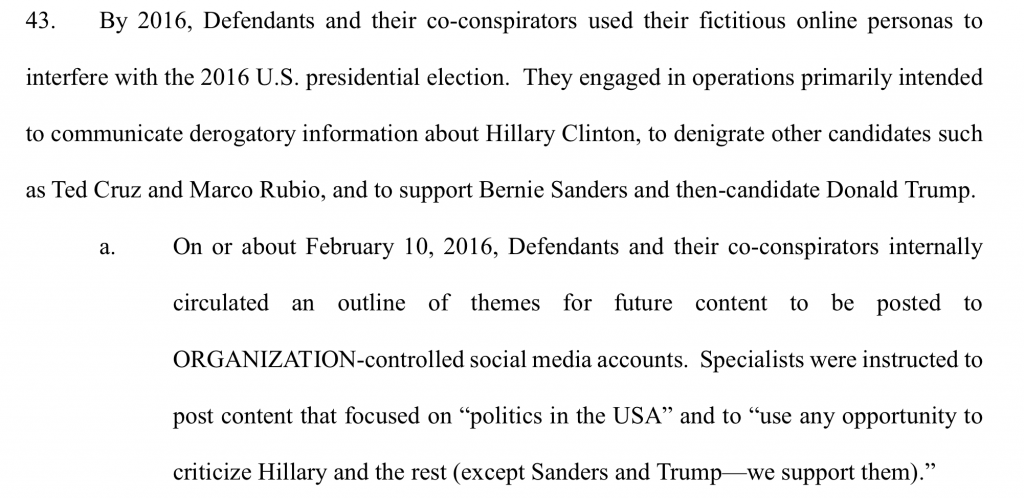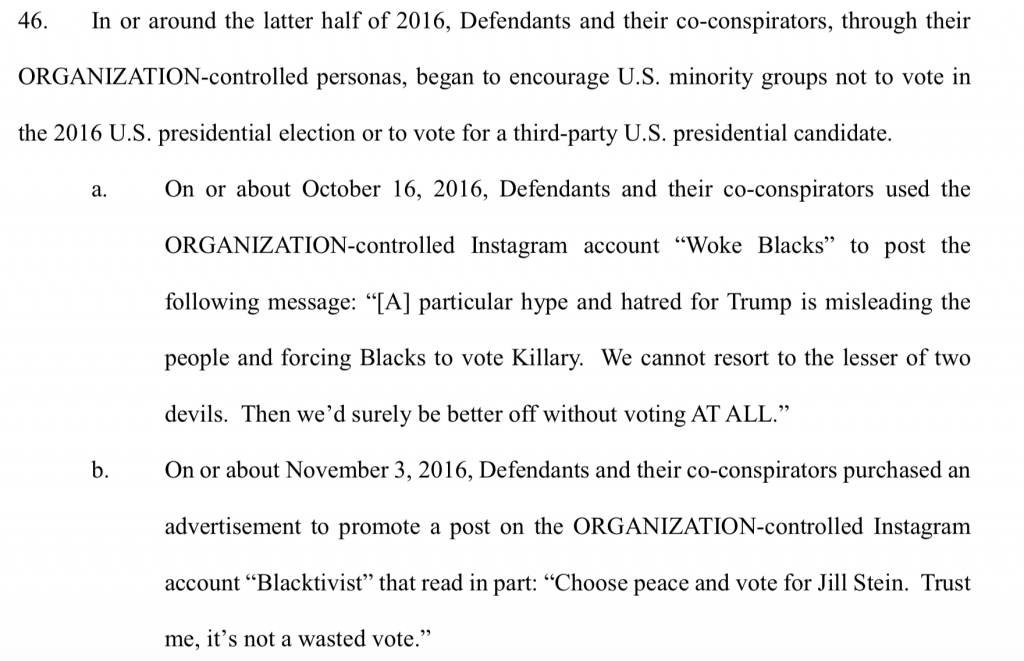
In an article posted this morning at The Atlantic’s website, former Lt. Col. Alexander Vindman, who was National Security Council’s Ukraine expert, rejected the idea that the Russians are blackmailing or otherwise using leverage to get President Trump to toe the Russian line. Why? Because they don’t have to.
“In the Army we call this ‘free chicken,’ something you don’t have to work for—it just comes to you. This is what the Russians have in Trump: free chicken.”
Trump, Vindman says, needs no incentive to praise Vladimir Putin or to shape US policy in pro-Kremlin ways. It comes naturally to him.
He has aspirations to be the kind of leader that Putin is, and so he admires him. He likes authoritarian strongmen who act with impunity, without checks and balances. So he’ll try to please Putin.
Vindman, who left the Army in July in the wake of professional bullying, intimidation, and retaliation, was asked why he’s speaking out publicly now. Here’s his answer:
I was drawn into this by the president, who politicized me. I think it’s important for the American people to know that this could happen to any honorable service member, any government official. I think it’s important for me to tell people that I think the president has made this country weaker. We’re mocked by our adversaries and by our allies, and we’re heading for more disaster.
The whole interview, with Atlantic editor-in-chief Jeffrey Goldberg, is well worth your time.




